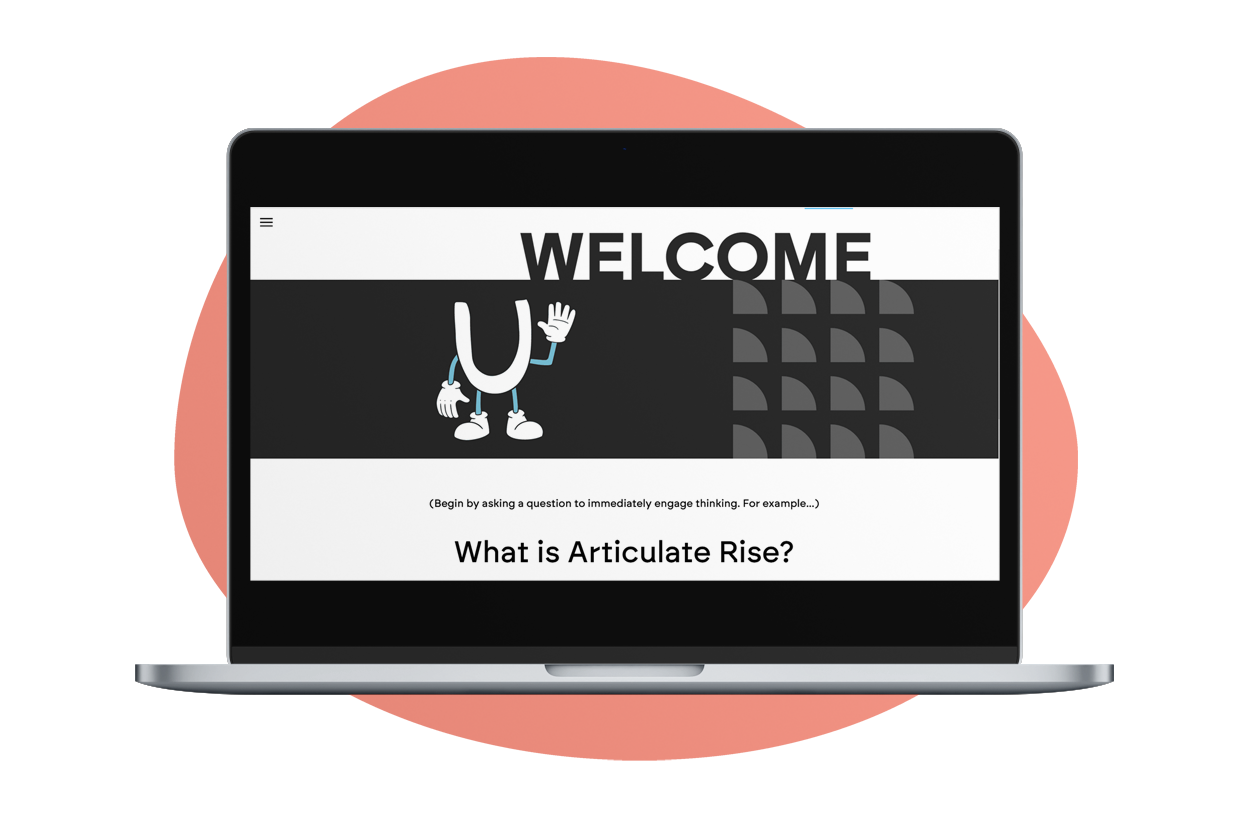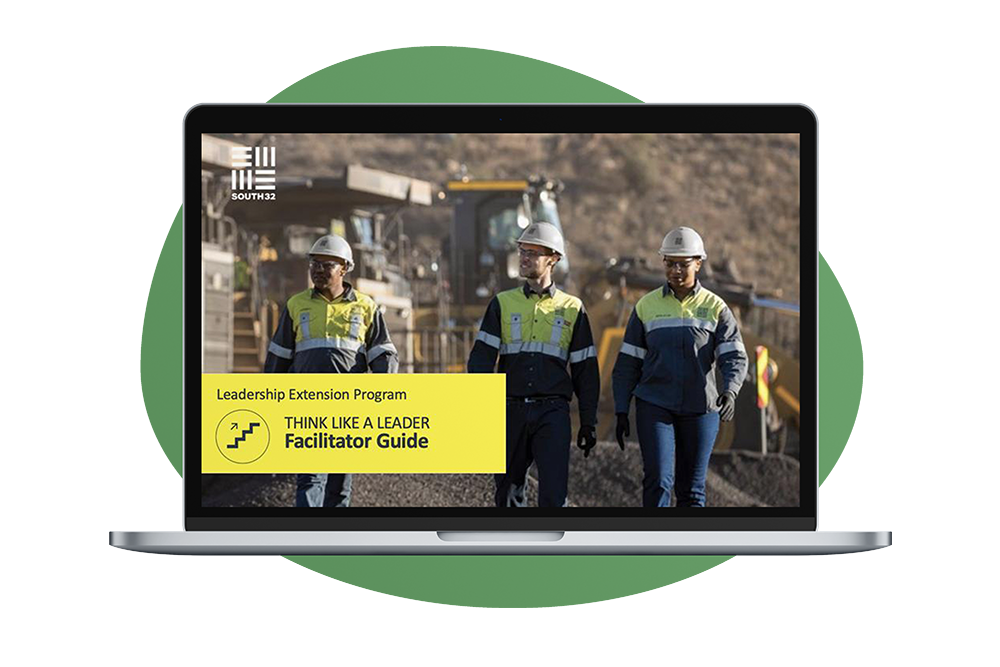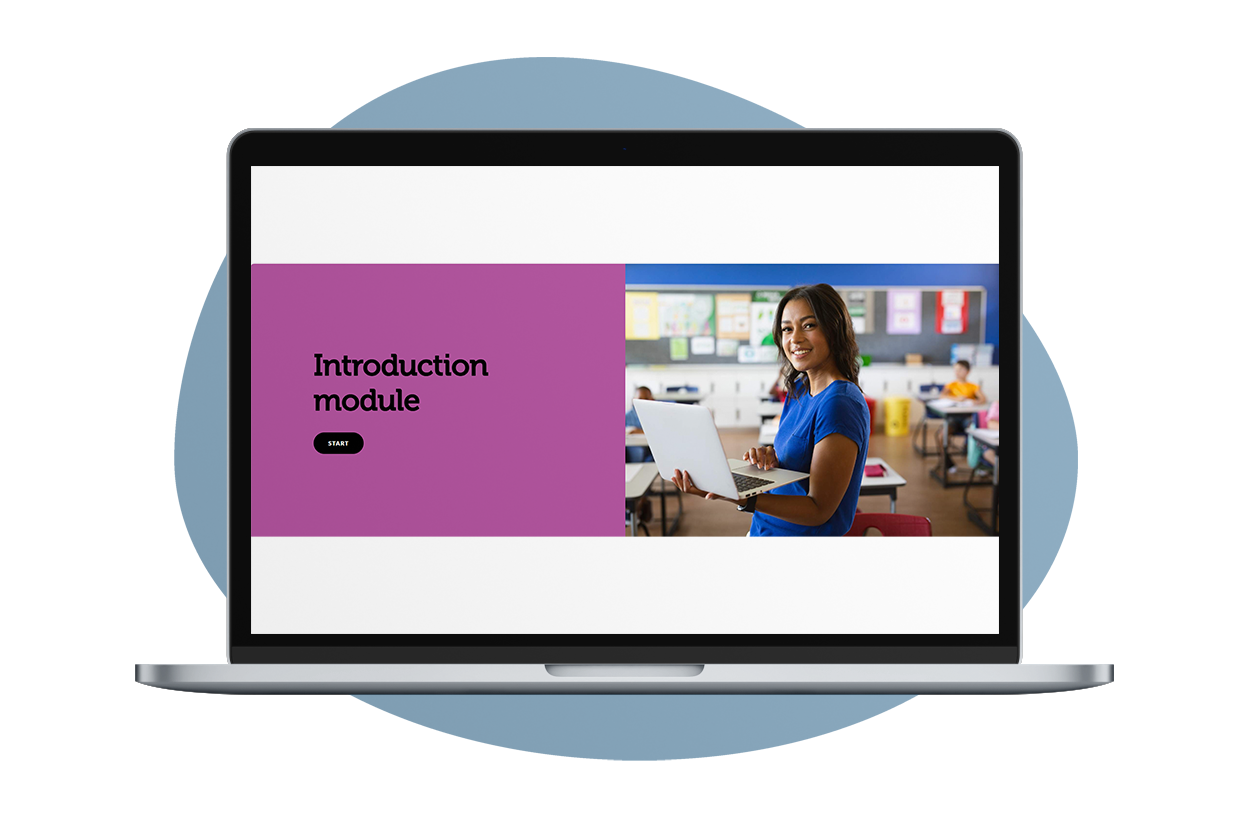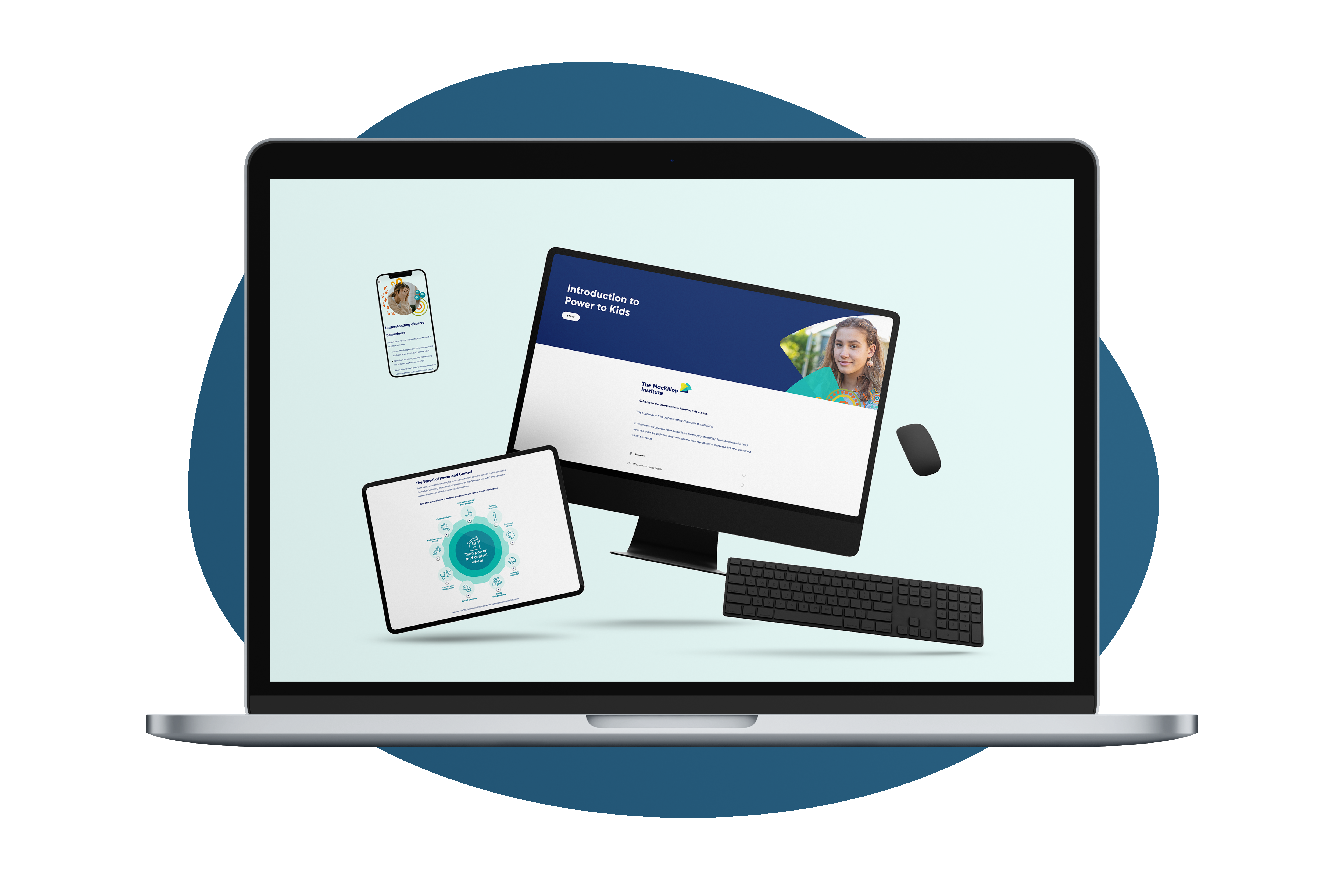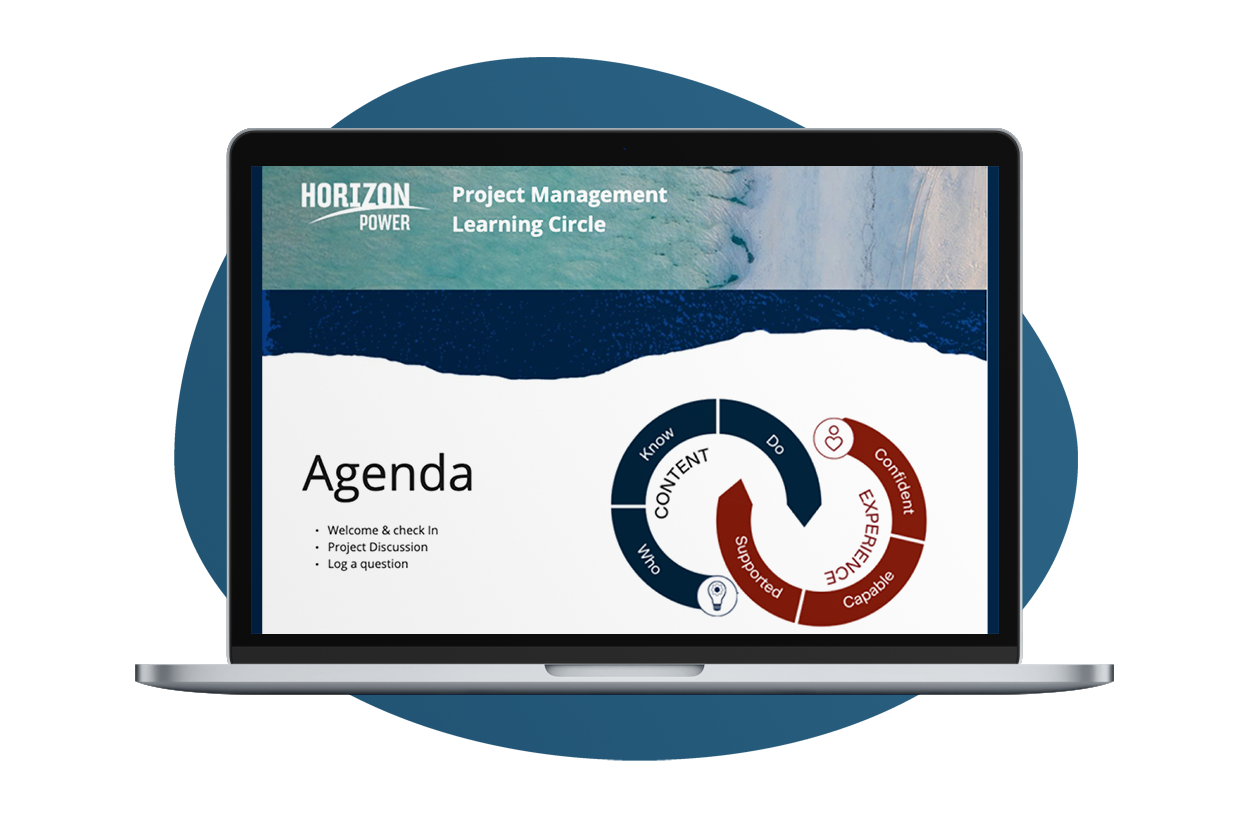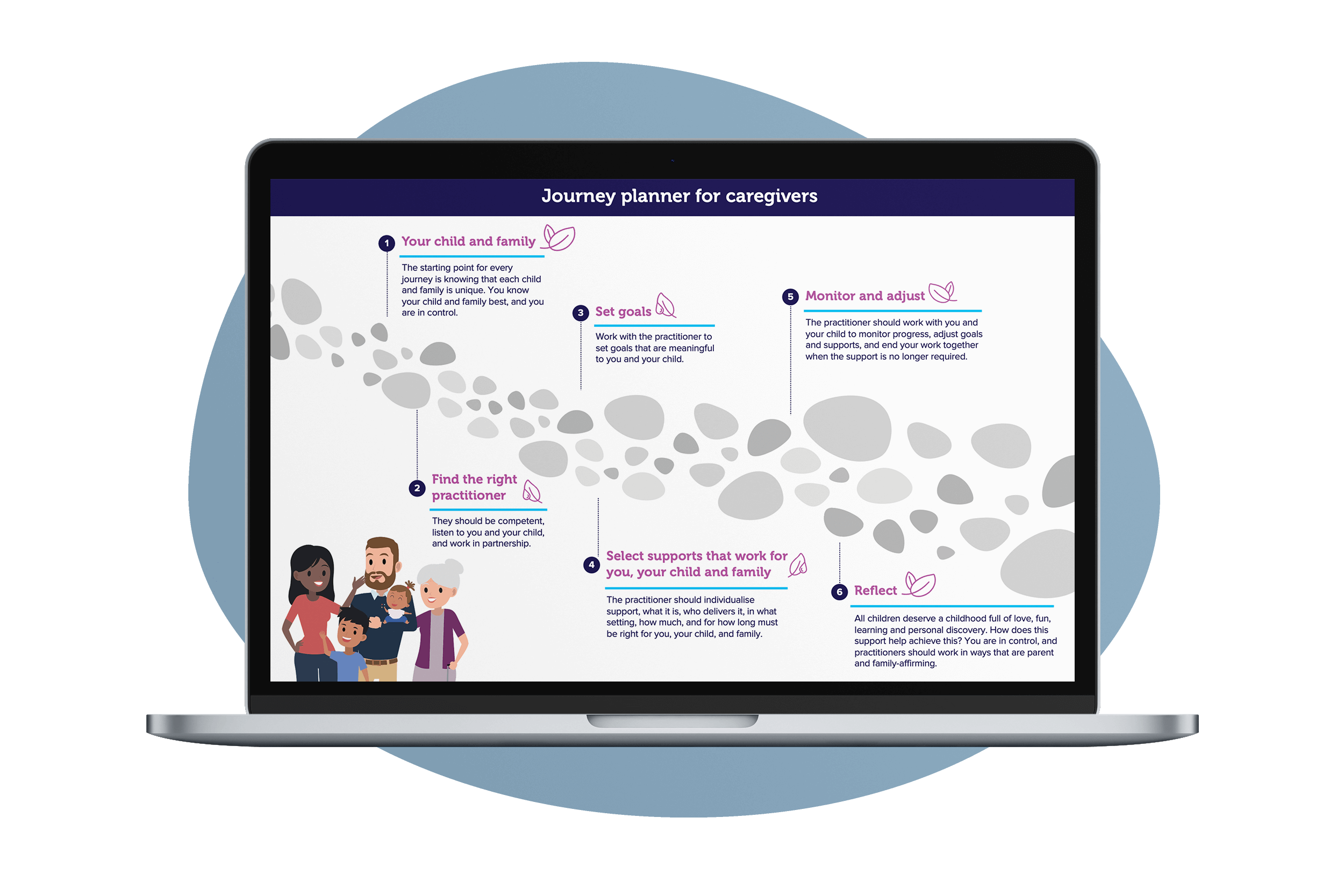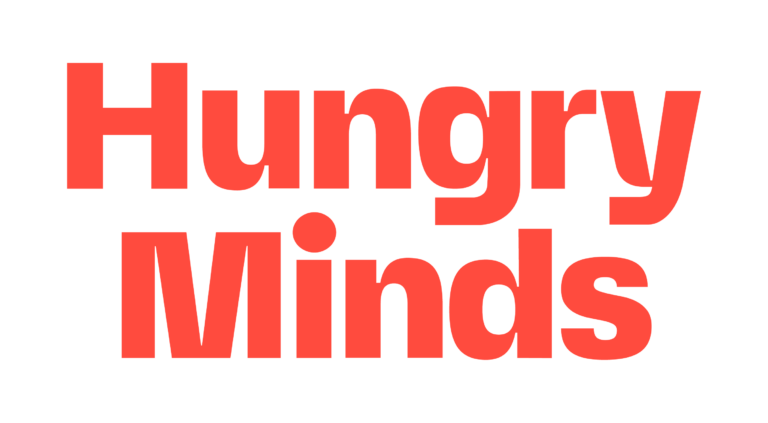eLearning
Designed for humans, built to scale.
eLearning built to nudge the needle – and look damn good doing it.
Whether you’re training five people or five thousand, we design digital learning that’s bold, interactive, and tailored to how your people actually think, work, and learn.
Think immersive scenarios, custom avatars, punchy videos, and branching case studies – we use every tool in the box to make learning meaningful, memorable, and ready to apply.
Let’s craft eLearning experiences that spark curiosity, build confidence, and drive behaviour change that shows up where it matters most: on the job.









eLearning features
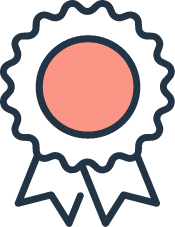
Modern Look and Feel
We use eLearning authoring tools that deliver content in a captivating way.
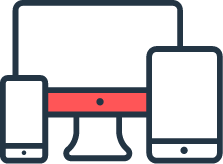
Responsive
No desktop? No worries!
Our eLearning courses present perfectly on phones, tablets and desktops.
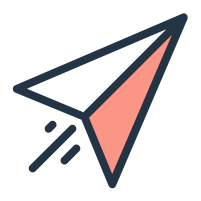
Easy Navigation
We use intuitive navigational features for a user-friendly experience.
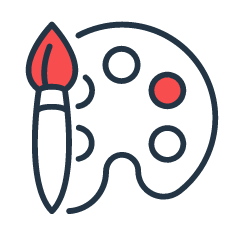
Interactive Elements
We use a variety of interactive elements to make learning engaging, including: labelled graphics, interactive scenarios, processes and timelines, flashcards, accordions and tabs.
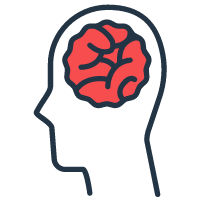
Knowledge Checks, Quizzes and Assessment
We use a variety of knowledge checks throughout our programs to allow learners to confirm their understand before moving on.
Quizzes and assessments are used to evaluate the learner’s knowledge and skills development, and feed data to the LMS.
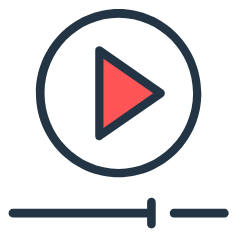
Multimedia
Embedding multimedia enhances engagement, strengthens understanding of concepts and increases knowledge retention.
We can incorporate: video, audio, images, galleries, attachments and links.
eLearning
Case studies
eLearning
faqs
At Instructional Design Australia, we craft a wide range of learning programs tailored to your needs, from immersive eLearning courses and interactive modules to hands-on training materials and educational webinars. With expertise spanning various industries and disciplines, we’re poised to deliver bespoke solutions that resonate with your audience and drive results.
Learning solutions we have designed include:
- eLearning Courses: Digital modules accessed online, often interactive with multimedia elements.
- Blended Learning Programs: A mix of online digital media with traditional face-to-face teaching.
- Microlearning Modules: Short, focused segments of learning, usually under 10 minutes, designed for quick knowledge acquisition.
- Workshops & Seminars: In-person or virtual interactive sessions on specific topics.
- Webinars: Online seminars or workshops delivered in real-time.
- On-the-job Training: Structured training in the workplace, helping employees learn about their specific roles.
- Certification Programs: Courses that provide a certificate upon completion, demonstrating proficiency in a specific skill or subject. This includes accredited training.
- Soft Skills Training: Programs targeting interpersonal skills, communication, leadership, etc.
- Technical Training: Focused on specific technical skills or tools.
- Mentorship Programs: Pairing learners with experienced individuals for guidance and learning.
Our eLearning packages start at $12,500 for our ‘Learning Bite’ (up to 15 minutes), packed with responsive design, branded elements, and engaging interactions. Prices vary based on duration, complexity, and scope of your project.
Optional enhancements like professional video production, downloadable resources, or LMS integration can be added to perfectly fit your requirements.
We pride ourselves on flexibility – let’s discuss your specific learning objectives and create a tailored solution that delivers the impact you need while respecting your budget. Reach out today to start the conversation!
Read more about the costs of eLearning here
Instructional Design Australia designs learning solutions for a broad range of industries and areas, including:
- Agriculture, forestry and fishing
- Change management
- Education and training
- Fast moving consumer goods (FMCG)
- Financial and insurance services
- Government
- Health and community
- Indigenous education
- Leadership
- Learning strategy, templates and marketing support
- Mining
- Not-for-profit (NFP)
- Onboarding and inductions
- Power and utilities
- Safety (WHS and OHS)
- Sales and marketing
- Software training
- Transport
We don’t limit ourselves to specific topics. Our seasoned team has experience spanning diverse industries and subjects. From technical and medical content to soft skills training and industry-specific knowledge, we tailor programs to your specific needs, ensuring content relevance and learner engagement.
eLearning materials encompass a range of digital resources tailored to facilitate online learning. Examples include interactive modules with multimedia elements, video, quizzes, and assessments. Simulations offer virtual real-world training experiences, while webinars provide live or recorded seminars. Learners can engage with content through gamified activities, immerse themselves in VR & AR experiences, or delve into detailed case studies. Supporting materials like PDFs, infographics, and podcasts supplement these core resources. Mobile apps ensure accessibility, and discussion forums foster collaborative learning.
Together, these materials create a comprehensive and interactive online learning environment.
The three main types of eLearning are:
- Synchronous eLearning: This type involves real-time interactions between instructors and learners, often through live webinars, chats, or video conferencing. It mimics the traditional classroom setting but is conducted online.
- Asynchronous eLearning: Learners access course materials on their own schedule, without real-time interaction. Examples include recorded video lectures, self-paced online modules, and discussion boards.
- Blended Learning (or Hybrid Learning): This approach combines traditional face-to-face instruction with online learning activities, offering a mix of synchronous and asynchronous experiences.
Each type has its own advantages and is chosen based on learning objectives, available resources, and the needs of the learners.
eLearning includes a broad range of digital educational experiences and resources designed to facilitate learning outside the confines of a traditional classroom. Key components of eLearning include:
- Online Courses and Modules: Structured, often self-paced lessons that cover specific topics or skills.
- Webinars and Virtual Classes: Live, interactive sessions where learners can participate in real-time.
- Interactive Simulations and Scenarios: Engaging activities where learners can practice skills or decision-making in a controlled environment.
- Quizzes and Assessments: Tools to evaluate learner comprehension and provide feedback.
- Learning Management Systems (LMS): Platforms that host, track, and manage e-learning content and learner progress.
- Mobile Learning (mLearning): Courses or materials specifically designed for smartphones and tablets.
- Discussion Boards and Forums: Online communities where learners can discuss topics, ask questions, and share knowledge.
- Digital Libraries and Repositories: Collections of e-books, articles, videos, and other resources.
- Gamified Learning: Incorporating game mechanics, like points or badges to increase engagement.
- Multimedia Content: Videos, podcasts, infographics, and animations that enrich the learning experience.
- Collaborative Tools: Platforms and applications, like wikis or shared documents, that enable group projects and teamwork.
- Adaptive Learning Systems: Software that personalises learning content based on a learner’s performance.
eLearning materials are designed to be accessible, interactive, and engaging, leveraging technology to cater to diverse learning styles and needs.
A learning program is a structured set of educational experiences designed to help learners achieve specific knowledge or skills. While the exact contents can vary based on the subject, audience, and format, a typical learning program may include:
- Learning Objectives: Clear statements detailing what learners should know or be able to do by the end of the program.
- Pre-assessment: A tool or method to gauge learners’ baseline knowledge or skills.
- Curriculum or Course Outline: An overview of the topics, modules, or units covered in the program.
- Instructional Materials: This can include textbooks, eLearning modules, videos, simulations, reading materials, and more.
- Learning Activities: Exercises, group discussions, role-playing, case studies, and other interactive elements that facilitate active learning.
- Assessments: Quizzes, tests, assignments, and projects that evaluate learners’ understanding and application of the material.
- Feedback Mechanisms: Ways for learners to receive input on their performance, which can include grading, peer reviews, or instructor comments.
- Resources: Supplementary materials like reading lists, links, tools, or templates that support learning.
- Collaborative Tools: Platforms or methods enabling group work, discussions, or peer-to-peer learning.
- Support Services: Tutoring, mentoring, technical support, or coaching sessions that assist learners throughout their journey.
- Post-assessment: Evaluates the knowledge or skills gained by learners after completing the program.
- Evaluation and Review: Mechanisms to gather feedback on the program’s effectiveness, often leading to future improvements.
- Certification or Credentials: For some programs, learners may receive a certificate, diploma, or other credentials upon successful completion.
- Follow-up Activities: Materials or resources provided post-training to reinforce learning, such as job aids, refresher courses, or performance support tools.
- Continuous Learning Opportunities: Recommendations for further studies, courses, or resources that learners can pursue to deepen their knowledge or skills.
While all these components can be part of a comprehensive learning program, the inclusion of each depends on the scope, duration, audience, and goals of the program.
A training program example is a ‘Leadership Development’ course. This type of program typically encompasses a series of modules focused on essential leadership skills, such as team management, effective communication, decision-making, and strategic planning. Participants often engage in a variety of learning activities, including workshops, simulations, and eLearning modules, which collectively facilitate both knowledge acquisition and skill development. The program might culminate in a capstone project or assessment, validating the participant’s ability to apply learned concepts in real-world scenarios, thereby solidifying their leadership capabilities in a practical context.
Effective learning programs are strategically designed courses or curricula that optimise the learning process to achieve specific outcomes. These programs incorporate evidence-based teaching strategies, cater to diverse learning styles, and offer measurable results. Key features of effective learning programs include:
- Clear Objectives: The program sets defined goals that are aligned with learners’ needs and organisational requirements.
- Engaging Content: Materials are relevant, updated, and presented in a way that captivates the learner’s interest.
- Variety of Learning Modalities: They use a blend of methods like eLearning modules, hands-on activities, group discussions, and real-world application tasks.
- Assessments: Regular evaluations ensure learners are grasping the content and progressing towards the set objectives.
- Feedback Mechanisms: Learners receive regular feedback, allowing for course corrections and personalised learning paths.
- Flexible & Accessible: Modern programs often leverage technology, enabling learners to access materials anytime, anywhere.
- Continuous Improvement: Effective programs are periodically reviewed and updated based on feedback and evolving needs.
- Real-world Application: They ensure learners can apply what they’ve learned in real-world situations.
- Community & Collaboration: Opportunities for peer interaction and group work enhance the learning experience.
- Support Resources: Supplementary materials, mentoring, or tutoring offer additional aid to ensure learners succeed.
When these elements are thoughtfully integrated, learning programs not only impart knowledge but also drive behavioural change, skill acquisition, and organisational growth.
More than eLearning.
We cover every stage of the learning journey – from scoping and strategy to content design and implementation.
Our work spans accredited training, microlearning, blended delivery, video production, LMS support, compliance content and more.

Learning strategy
Clear learning starts with clear thinking. We work with you to understand your audience, map capability gaps, and design a learning strategy that’s achievable and aligned to business outcomes.

Face-to-face, virtual + blended learning
Not everything belongs in an eLearn. We design facilitator-led and blended programs too, complete with session plans, learner workbooks, coaching guides and more.
eLearning + microlearning
Short, focused digital learning built in Rise, Storyline, Chameleon Creator and more. Designed to hold attention, support transfer, and get key messages across fast.
Video + animation
Explainer videos. Software walkthroughs. Talking heads. We script and produce videos that simplify the complex and bring your message to life.
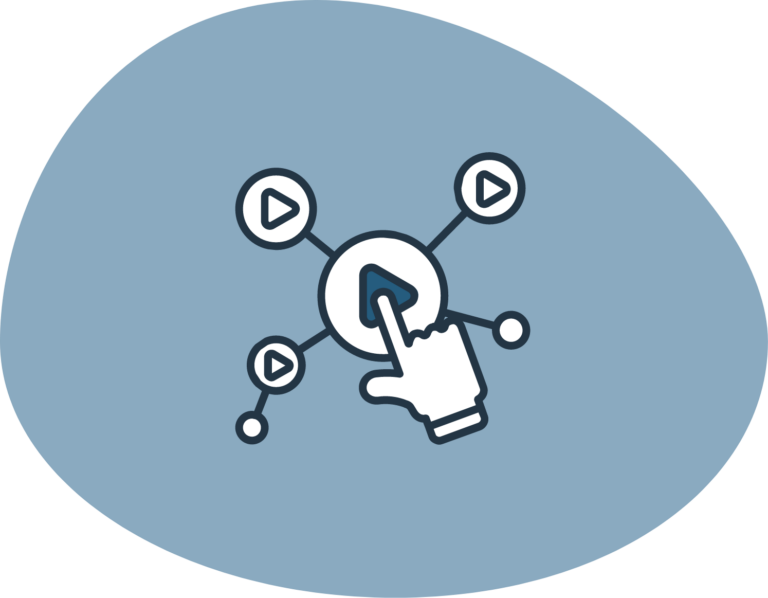
LMS setup + support
Need help getting content online? We’ll set up your LMS, structure the user experience, and train your team to keep it running smoothly.
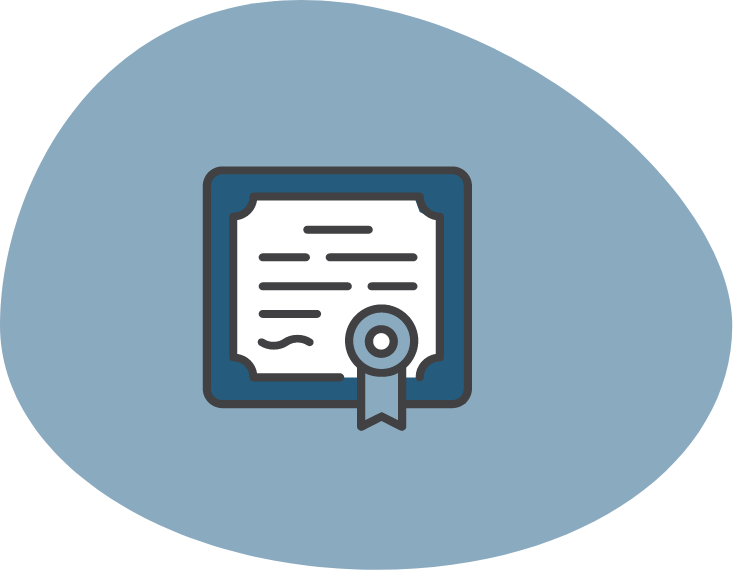
AQTF accredited training
We design full qualifications, accredited units and mapped assessments that align with AQTF requirements and your organisation’s goals. Clear, engaging, and built for use on the job.

Compliance training
We create compliance programs aligned with Australian legislation—WHS, bullying, sexual harassment, privacy, code of conduct and more. Use our ready-to-go courses, tailor them to your needs, or let us build something from the ground up.
Instructional design services

eLEARNING
Designed for busy brains and real results – our eLearning is lean, relevant, and built to stick.
It grabs interest fast, keeps curiosity fired up, and leaves passive learning in the dust.

LEARNING PROGRAMS
End-to-end programs designed with your context in mind. Targeted, tailored, and ready to roll – we turn performance gaps into clear, capable action through smart learning design.

LEARN
Learn how to design learning that sticks, with step-by-step guidance, ready-to-use templates, and personalised coaching. Enrol in our Professional Certificate in Instructional Design.
Instructional design blog
Who are we?
We’re curious crafters of meaningful and impactful learning experiences. Leaders in the world of instructional design since 2009, we are proud to have partnered with key Australian organisations across diverse industries. More than learning designers; we’re capability shifters.
We’re part of the Hungry Minds Group.



Who do we work with?
We’ve supported hundreds of teams create eLearning magic.
We’ll get you there, too.
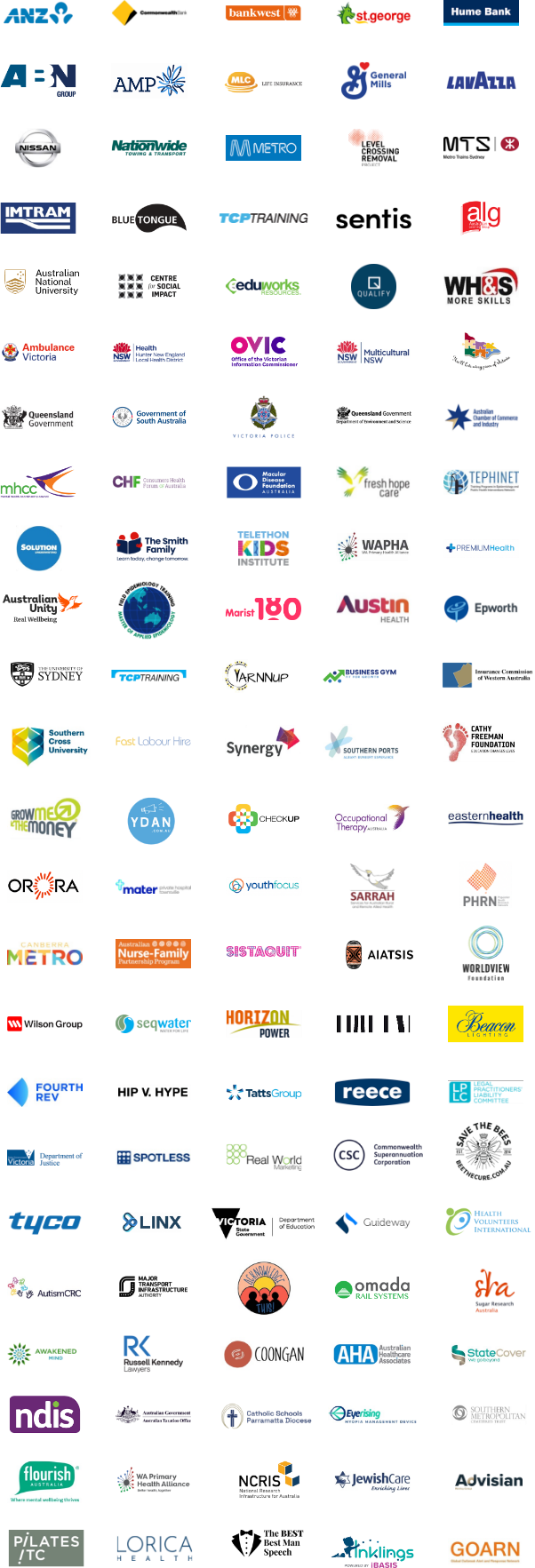
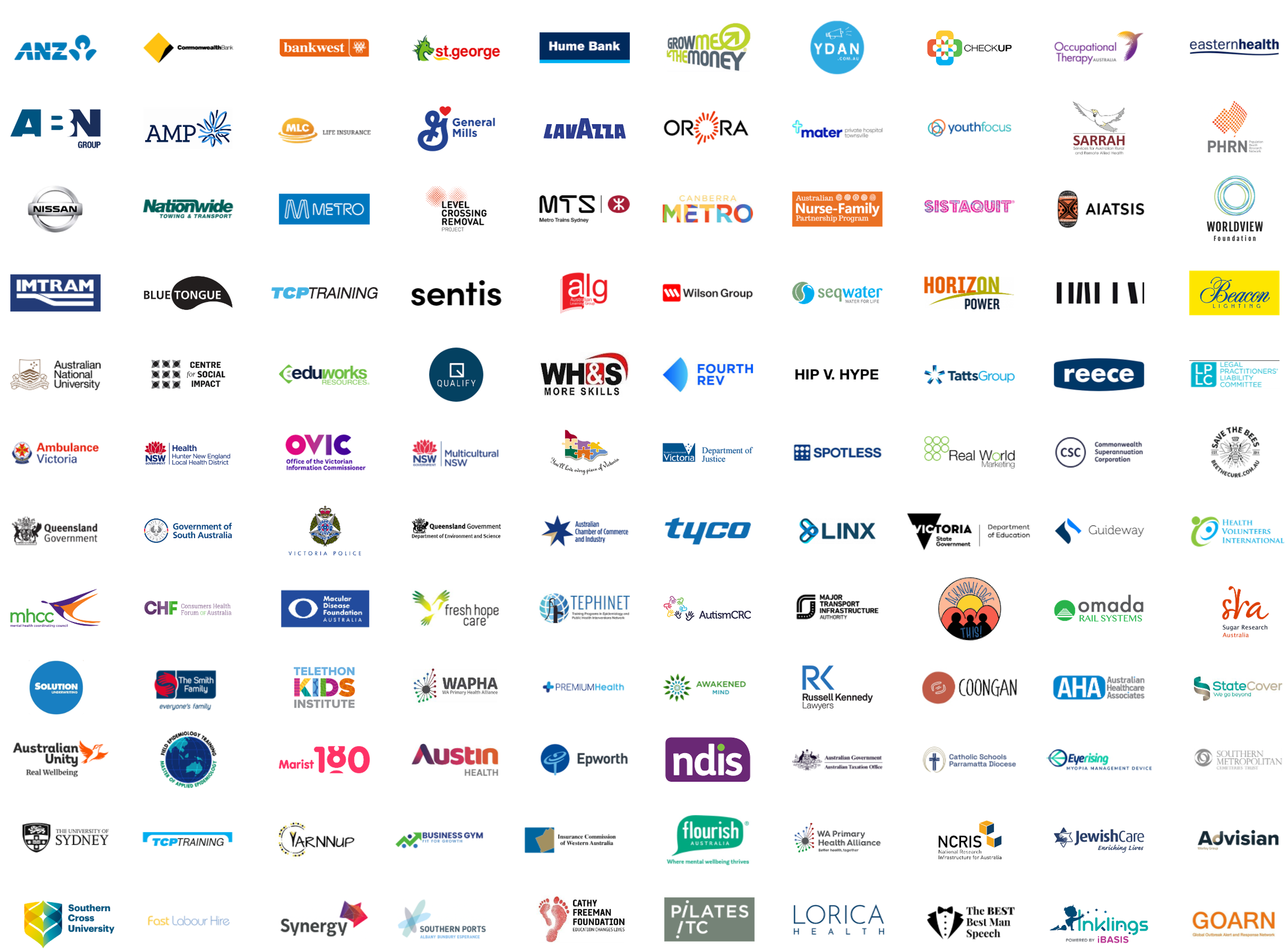
Your persistence, attention to detail, problem solving, and communication has been vital to getting this project done. Really glad we could work with on you with this and that this course will be out in the world to help people develop their cultural capability.
– Sara, Project Lead, Australian Institute of Aboriginal and Torres Strait Islander Studies (AIATSIS)
Thank you all very much. You have an amazing culture at Instructional Design Australia. You have helped transform an idea in my mind into more than what I imagined. I am impressed and delighted with the standard of work and the time frame it took.
– Darren, Small business owner
We are very happy with your work, and really appreciate your flexibility and commitment. We all agree that the online course is far better than we could ever hope thanks to your expertise and work.
– Elena, Manager, Women Up North Housing
Professional, knowledgeable and easy to do with business with.
– Nicole, Project Manager, Essential Energy
I worked with Tarsh and Michael from Instructional Design Australia on a recent project and could not speak more highly of their professionalism and commitment to their customers. Throughout the project they were responsive, helpful and a pleasure to work with. I appreciated the engaging way in which they worked, their initiative and the opportunity to work through solutions together. We are thrilled with the online training that Instructional Design Australia has developed for our organisations; it was well beyond our expectations.
Kate – The University of Western Australia
IDA has been a pleasure to work with, they exhibited a relaxed yet professional approach with strong communication and collaboration throughout the entirety of our project. They have provided excellent end products that provide the look, feel and usability we were looking for. IDA displayed strong attention to detail and consistency across several training modules while remaining very accommodating and flexible with mid-project changes and roadblocks. The team’s ability to take basic content and produce well-polished end products has made project management an enjoyable experience.
NSW Department of Primary Industries



